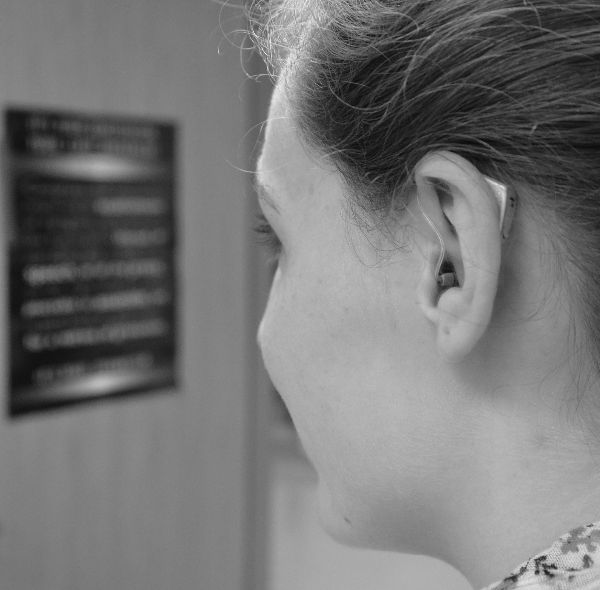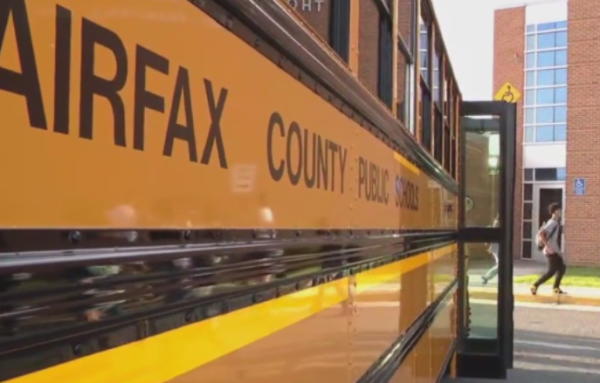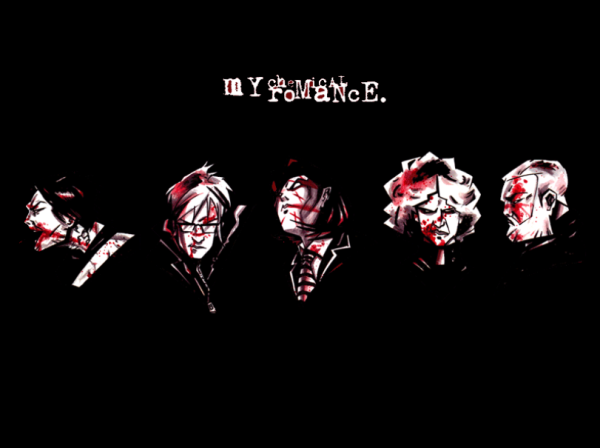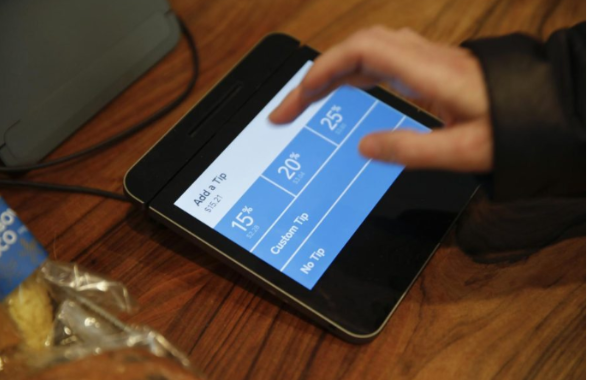First person narrative: speak now
Learning to live with bilateral hearing loss
I failed one of the first tests that I ever took.
I refused to accept the results initially, even going so far as to sympathetically suggest to my pediatrician that perhaps the batteries in her machine were not working correctly. After I was unable to pass the re-test, though, I was forced to face reality.
The batteries were not defective.
My ears were.
It turns out that I have had moderate bilateral hearing loss my entire life, but it went undetected until that fateful wellness check when I was five.
Before then, nobody had ever assessed my hearing in the right frequency region, despite the fact that I was already receiving speech therapy.
Although my extended family had grown accustomed to the way I talked, my speech problems were painfully obvious to me in preschool.
My peers had trouble understanding me, which made striking up conversations with them difficult. I regularly resorted to having my younger brother, Gavin, introduce me to other kids and act as my personal translator.
I was issued my first pair of hearing aids once an audiologist confirmed my hearing loss, but this did little to help my situation at the outset. In fact, it actually made me feel more insecure about my differences.
Matters only worsened when I started kindergarten, since I was at a loss for words without Gavin by my side.
Because I struggled to develop relationships with my classmates, books became my best friends. I would sometimes sit alone on a bench reading at recess, and I threw myself exclusively into my studies in the classroom.
These early elementary school years sparked my enduring love of literature and learning, as well as my passion for writing.
Fortunately, my self-imposed social isolation was not as long-lasting.
I grew more confident as my speech began to improve, and I joined a local soccer team that bestowed on me a built-in friend group that offered support and a sense of belonging.
I have been on the same team ever since, and I am grateful that some of these friendships have withstood the test of time.
Over the years, I have broken out of my cocoon and become more of a social butterfly.
I am now known for being gregarious and outspoken, and I continue to refine my verbal abilities on the debate team.
Through my debate experience, I have learned valuable public speaking skills that have instilled confidence in me. I have also improved considerably since I first joined the team as a freshman.
Last year, I placed third in the Virginia District Tournament for Lincoln-Douglas debate, becoming the first person from my high school to ever qualify for the National Forensics League National Championship Tournament. I was also named the first call-up for the National Catholic Forensic League Grand National Tournament.
I am particularly proud of these accomplishments because they demonstrate how far I have come.
Through my hearing loss, I have found my voice.
My speech is definitely not perfect, and I still struggle to pronounce my R’s.
Occasionally, someone will even comment on my ‘accent.’
However, I have come to terms with my hearing loss, and I feel better about it and myself than I did when I was five.
While I recognize that there is room for improvement in my pronunciation and I will continue to work on it, I am happy that I am now able to express myself more clearly.
Nowadays, I doubt I could even recognize the shy little girl I once was.
















